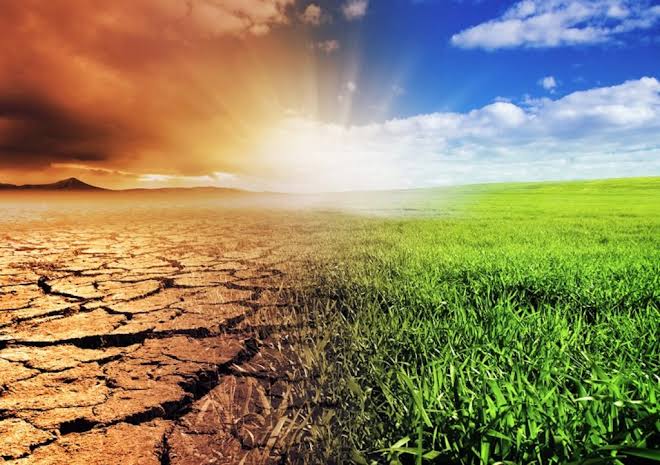The World Meteorological Organization has mostly bad news when it comes to climate change on Earth.
It says greenhouse gas concentrations are at record levels and set to fuel temperature increases into the future.
That’s why they are “sounding the red alert for the planet” in their new “United in Science” report.
There is, however, some hope in the form of emerging technologies.
“The report highlights how advances in natural and social sciences, new technologies and innovation enhance our understanding of the Earth system. They could be game changers for climate change, adaptation, disaster risk reduction and sustainable development,” explains Professor Celeste Saulo, Secretary-General of the World Meteorological Organization.
One of the most promising technologies in the fight against climate change is AI.
“The report highlights how artificial intelligence and machine learning are completely revolutionizing how we forecast the weather, which is really, really exciting,” says WMO scientific coordinator Lauren Stuart.
“It offers a lot of potential possibilities to make weather modelling cheaper, faster and ultimately more accessible to developing countries who might not have the resources, the capacity or the computational abilities right now,” she adds.
The report cautions that strong global governance is required to ensure AI and machine learning serves the global good.
Rapid advances in space-based Earth observations also offer cause for optimism, says the report.
“This has really opened new frontiers in weather, climate, water and environmental applications. For example, satellite technologies are improving our ability to forecast extreme weather events,” says Stuart.
“Satellites are improving our ability to monitor greenhouse gas emissions, which is crucial for informing our efforts to mitigate emissions and to achieve the goals of the Paris Agreement,” she adds.
WMO says more work is needed in international collaboration, governance frameworks and financing models to properly support space-based Earth observation related to climate change.
“United in Science” also highlights the potential of immersive technologies like virtual reality.
As well as having the ability to simulate flood and drought events, they can also predict water flow and accumulation, as well as land degradation, the report says.
However promising the latest technological advances are, the report’s authors warn that they will not be enough on their own to mitigate the effects of climate change.

